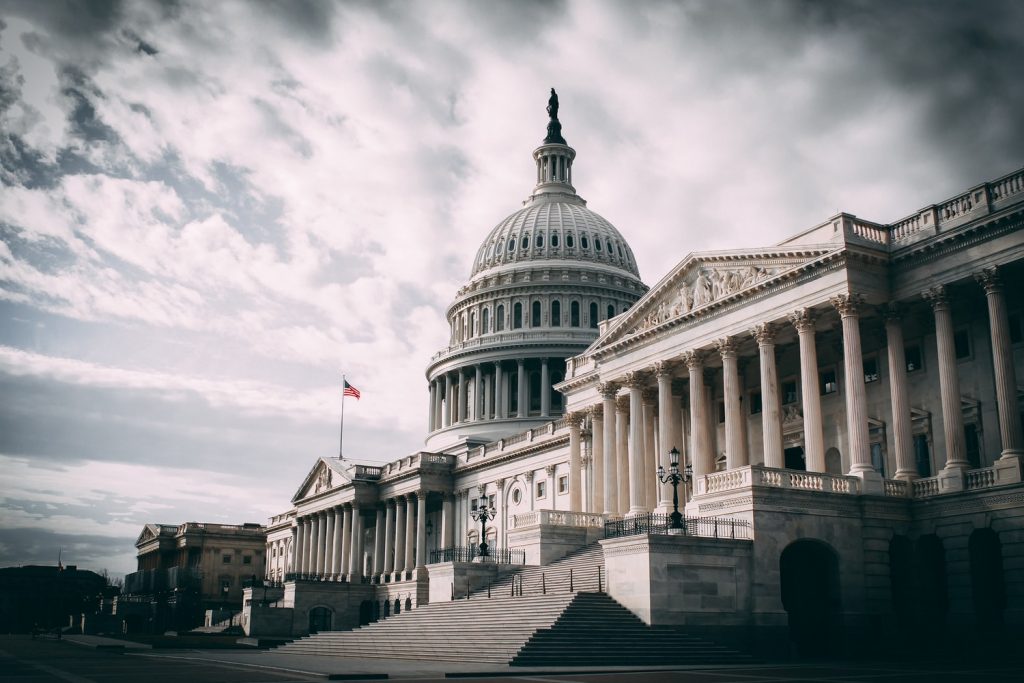By: Rep. Sheryl Cole, MPT Delia Garza, Rep. Joyce McCreight, CM Carlina Rivera
Representative Sheryl Cole represents Texas District 46.
Mayor Pro Tem Delia Garza represents District 2 in Southeast Austin.
Representative Joyce “Jay” McCreight represents Maine District 51.
Council member Carlina Rivera represents the 2nd Council District of New York City Council.
The national conversation about reproductive rights has been dominated this year by the spate of abortion bans passed across the country as well as the Trump administration’s gag rule affecting Title X funding. But banning abortion isn’t the only avenue to making it hard to get. Since the Hyde Amendment was passed by Congress 43 years ago, it has done exactly what it was set up to do: deny low-income people the right to an abortion, forcing them to carry unintended pregnancies to term.
The Hyde Amendment is a federal restriction that withholds insurance coverage for abortion from those enrolled in the Medicaid health insurance program, except in the limited cases of rape, incest, and life endangerment. As elected officials and members of the Reproductive Freedom Leadership Council, we honor the personal decision of whether, when, and how to become a parent and condemn the Hyde Amendment for what it is: political interference with decisions about pregnancy and parenting. When a person has decided to end their pregnancy, they should be able to get safe, timely, affordable care in their community, regardless of income.
As Trump and Pence continue to push their agenda of punishment and shame, it is up to the states and cities to protect people who are already failed by our health system–women of color, young people, transgender and non-binary people, immigrants, and people who live in rural areas.
The Hyde Amendment stands in large part not because of public support, but because of political inertia. A national poll recently released found that:
- Very significant majorities of voters across the country — 62% nationally — support Medicaid coverage of abortion services and the intensity of this support has increased by 7-points since 2017 (from 31% to 38%).
- 79% of voters agree that they do not believe a woman’s financial situation should have any bearing on her access to abortion services and they express concern about the impact of abortion coverage bans and restrictions on women who are struggling financially.
While this new polling demonstrates overwhelming support for providing insurance coverage for abortions, many state legislatures have acted against the will of the people and raced to ban abortion. According to the Guttmacher Institute, in 2019, states enacted 58 abortion restrictions, 26 of which would ban all, most, or some abortions. With the balance of the Supreme Court now turned against abortion rights, the threat of abortion care being further dismantled or pushed out of reach entirely is real.
Although for over four decades the Hyde Amendment has denied federal Medicaid coverage of abortion, we must remember Hyde is not permanent. Every year Congress has an opportunity to pass a budget without the Hyde Amendment. In the meantime, there are actions that states and cities have taken that our colleagues could follow to ensure a person can access the care they need.
This year Maine became the 16th state to guarantee Medicaid coverage for abortion by passing LD 820, a bill that expands public and private insurance coverage of abortion care.
In Maine we saw the combination of restrictions and coverage bans across the country forcing people to delay care or stop them from getting abortions altogether. Restricting Medicaid coverage of abortion forces one in four poor women seeking an abortion to carry an unwanted pregnancy to term. When a woman wants to get an abortion but is denied, she is more likely to fall into poverty, less likely to have a full-time job, and twice as likely to experience domestic violence.
In Texas we worked to introduce Rosie’s Law, which would have restored Texas Medicaid coverage for abortion care services for low-income Texans.
This bill was named in honor of Rosie Jiménez, a beloved mother, student, and young Chicana, who was the first victim of the Hyde Amendment in 1977. When Rosie realized she was pregnant and was too poor to pay for a safe and legal procedure at a clinic, she sought out a cheaper, unsafe abortion. She suffered a painful death from an infection that ravaged her body and led to her preventable death at the age of 27.
While this bill did not pass into law, the conversations started by lawmakers and young activists alike have paved the way for the fight for Medicaid coverage to continue into the next legislative session.
Cities like Austin and New York City are already taking steps to fill the gap that Hyde has created. Austin City Council has set aside $150,000 and New York City Council $250,000 to lessen financial and logistical barriers that make it difficult and sometimes impossible for low-income individuals to access abortion.
This isn’t just an issue for Washington, DC. As state and local leaders, we encourage our colleagues everywhere to fight back against restrictions that hit hardest at low-income people and widen inequalities even further. In the end, it will take us all — state legislators, individual advocates, city council members, and members of Congress — to ensure that abortion is accessible, affordable, and safe for all, no matter their economic situation.




